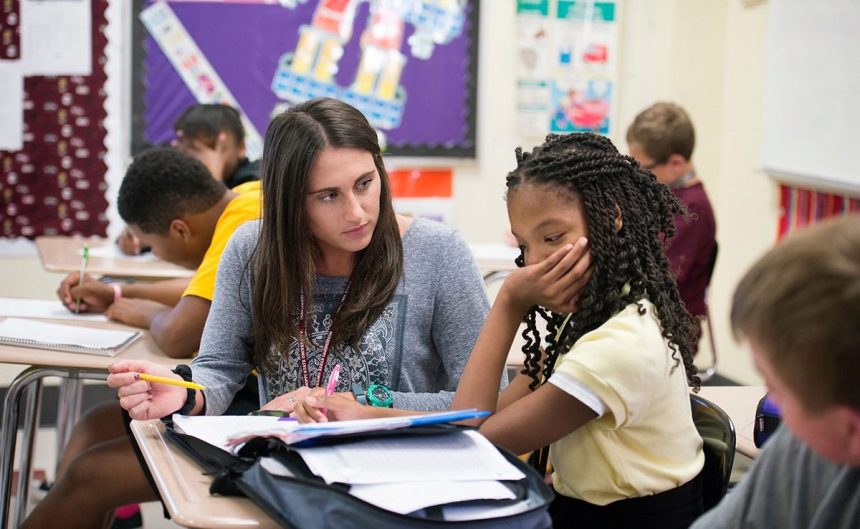Mississippi State Superintendent of Education Dr. Carey Wright will retire on June 30. Wright has worked in education for 50 years and was appointed as Mississippi’s top education official in 2013.
During an interview with SuperTalk Mississippi this morning, Dr. Wright told us she’s been planning this for some time. “My girls are both in Maryland, and my grandson will be 3 in June, and my youngest daughter is getting married in September. They’ve been saying mom, when are you coming back?”

Nationally, Dr. Wright is one of the longest-serving state education chiefs of the 21st Century.
The Mississippi Department of Education notes that the state initiated successful education reforms that made Mississippi a national leader in improving student achievement under her leadership.
Those include:
- Mississippi’s Quality Counts grade for education improved from an F to a C-, its ranking climbed from 50th to 35th and the graduation rate rose from 75.5% to 88.4% – higher than the national average.
- Among students with disabilities, the graduation rate more than doubled from 23.2% to 59.9%. Mississippi 4th graders in 2013 were reading more than one full grade level behind the national average on the National Assessment of Educational Progress (NAEP).
- By 2019, Mississippi 4th graders scored higher than the nation’s public school average in mathematics, tied the nation in reading, and ranked No. 1 in the nation for making the largest score gains.
- The rapid progress of Mississippi students earned the state Quality Counts’ No. 2 ranking in the nation for improvement in 2019, 2020, and 2021.
During her interview with Paul Gallo, Wright also discussed the impact that distance learning had on students in the Magnolia State, explaining that some students thrived, while others struggled.
“We found who really struggled the most was our little ones. When you’re talking about K-3 and you’re talking about teaching children to read, and the whole idea of decoding words and phonics and things of that nature, being able to see a teacher in person and watch a teacher’s lips and watch a teacher’s mouth. That’s where we found that more children struggled.”
Several studies now show the isolation that resulted from lockdown had a negative impact on the mental health of not just students, but adults as well.
“The last time we tested was in 2019. And to think that as a state we only dropped 6-and-a-half points in literacy. That speaks volumes about the foundation that’s been laid out by our teachers.”







